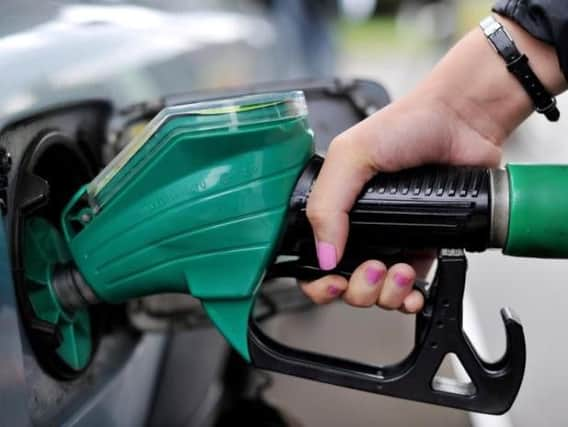Missing an elec-trick: Green revolution passing Burnley by as just 0.16% of cars are electric


While manufacturers have tried their best to increase the feasibility of mass use of electric vehicles by lowering prices and increasing the range of their cars, take-up in East Lancashire has been stilted, particularly in comparison to other metropolitan areas such as Birmingham, which had the highest increase of plug-in vehicles of any local authority in the UK last year with 4,452.
According to the latest Department for Transport stats, the number of registered electric or plug-in hybrid cars, vans, and micro-cars (quadricycles) in Burnley stood at just 48 by the end of 2017, rising to 71 by December last year - just 23 more across the entirety of 2018 and much lower than the vast majority of the country and generally against the increased accessibility and practicality of electric cars in recent years.
Advertisement
Hide AdAdvertisement
Hide AdThe latest Nissan Leaf, the UK's most popular entirely electric car, can now travel 235 miles before it needs to be recharged, 80 miles more than the previous version and over the next year, BP have committed to installing charging points at its petrol stations, following Shell's roll-out in 2017. Dyson has also said it plans to release an electric car by 2020.
One advantage electric car users have over other vehicles is that they do not have to pay road tax, as they do not release any emissions, while electricity is also far cheaper than petrol and diesel and green drivers have the satisfaction of helping save the planet. However, in November, the Government did reduce the maximum discount electric car buyers could get from £4,500 to £3,500.